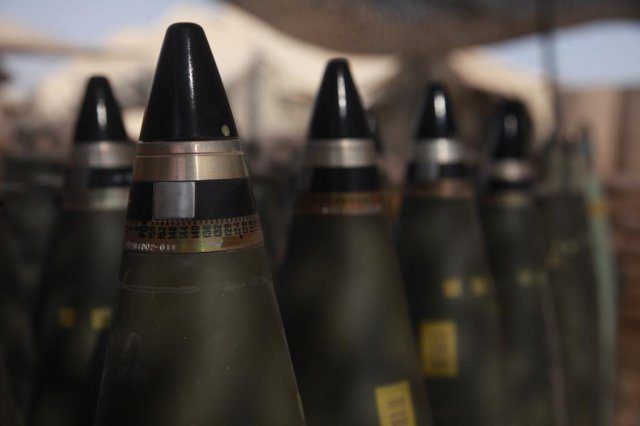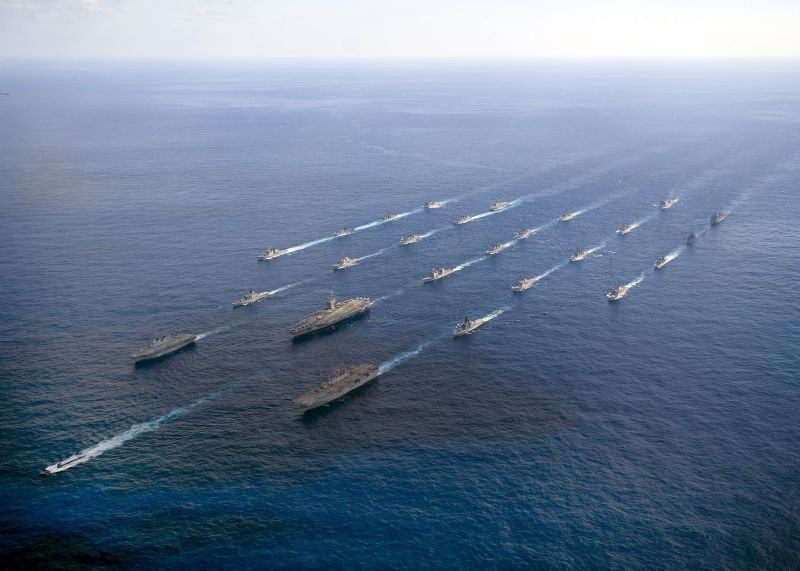Beginning March 2014, the Army will take delivery of new artillery rounds which will be safer, but which will also deliver the same performance as those currently used, said an engineer who has tested them.
“Cost, performance and IM” were the deciding factors in the Army choosing IMX-101 to replace trinitrotoluene, called TNT for short, as the explosive material found in artillery shells, said Phil Samuels, a chemical engineer at Picatinny Arsenal, N.J.
“IM” or insensitive munitions, is the safety factor that was tested.
“TNT does pretty poorly in IM testing against threats such as bullets, fragments, and shaped-charge impacts and fires,” he said.
The testing is fairly rigorous, Samuels said, simulating worst case situations where enemy fire might impact the TNT or IMX-101 filled rounds.
When normal precautions are followed, the TNT doesn’t pose a significant threat. The Army has been using it for at least 90 years, Samuels said.
Army and Marine Corps artillery units will be the first to receive IMX-101 deliveries next year, in the form of 155mm M795 artillery shells.
Projectiles filled with TNT will continue to be used until they are all gone, he said, which makes the phase-out period difficult to determine due to training and mission requirement uncertainties. But, he expects the transition to take at least several years.
After the artillery round transition, other large caliber rounds which carry TNT will be phased out and replaced by IMX-101, he said.
Following World War II, there was a surplus of another type of explosive known as Composition B, which contains both TNT and RDX, Samuels said. RDX, like TNT, is also a sensitive explosive, he said. Today, that surplus of Composition B is still being used, but the Army is looking to phase it out just like TNT.
Composition B is used for high performance artillery, mortar, and demolition rounds, Samuels said, meaning higher performance than just TNT alone. Composition B is also being phased out by a formulation called IMX-104, which has properties very similar to IMX-101.
Both IMX-101 and 104 are manufactured by BAE Systems at Holston Army Ammunition Plant, Tenn.
The cost of IMX-101 and IMX-104 are more expensive than TNT and Composition B, Samuels said. However, he said savings will be realized in greater ease of storage and transport, as the IMX requires much less stringent standards for handling and can be stored much closer to the troops in the field without expensive facilities.
The performance of the IMX-101 and 104 rounds is equivalent to the TNT and Composition B rounds they are replacing, Samuels added, meaning their lethality against enemy forces will be just as effective.











